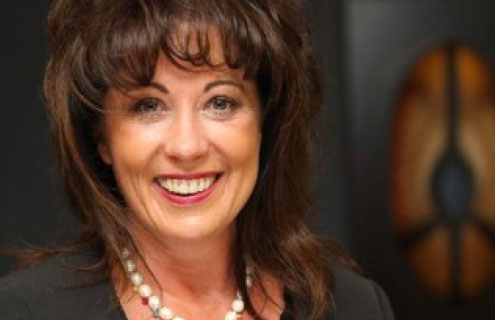How did South Africa’s regulator interpret the CPSS-IOSCO principles, specifically those relating to PFMIs and CSDs?
The adoption of these principles is being strongly encouraged in most international markets by practitioners and regulators alike. As Strate is one of South Africa’s financial market infrastructures (FMIs), it voluntarily completed a self-assessment shortly after the Committee on Payment and Settlement Systems-International Organization of Securities Commissions (CPSS-IOSCO) published its Principles for Financial Market Infrastructures and Assessment Methodology. Strate worked closely with its regulator, the Financial Services Board (FSB), to finalise the assessment against the principles. No areas of material concern were identified.
According to the CPSS-IOSCO, FMIs were a ‘source of strength’ during the financial crisis, able to settle obligations when due, giving market participants the confidence to continue transacting. Central security depositaries (CSDs) can use their adoption of the principles to promote confidence within their respective markets.
Having completed its review, the FSB confirms that Strate is recognised as ‘observing’ 14 of the principles and ‘broadly observing’ a further three. The remaining seven principles are not applicable to Strate at this time.
As an active member of the Africa & Middle East Depositories Association (AMEDA), Strate is also extensively involved in sharing information and its experiences relating to the CPSS-IOSCO principles.
What does it mean to Strate to be recognised as an FMI?
Strate has always played the very important role of being a financial market infrastructure, providing efficiencies and mitigating risks within the South African market since it was established more than 15 years ago. We recognise ourselves as a national asset and one of the important institutions in South Africa’s financial markets.
This has been evident over the past few years, as South Africa continues to be placed on top of the leader board in the Global Competitiveness Report’s financial market development category, which has been published by the World Economic Forum. In the 2013-2014 report, South Africa maintained its financial market development rank of third out of 148 countries, scoring 5.8 out of seven points.
We continue to look at ways to increase investor protection and asset safety in the market by offering value-added services and benefits to our custodian banks and their clients, while still focusing on our core services of clearing and settlement.
The demand for collateral is still a hot topic. How has the Liquidity Alliance been tackling the issue?
The nature of CSDs as FMIs ensures they are well positioned to provide solutions to the global collateral shortage through optimisation of collateral pools. It is in this spirit that the Australian CSD ASX, the Brazilian CSD Cetip, the international CSD and CSD Clearstream, the Spanish CSD Iberclear and Strate in South Africa were the initial CSDs to announce the formation of the Liquidity Alliance.
This association of industry peers gives members an opportunity to exchange information, identify common needs and extend global collateral solutions, while encouraging development of informed research.
Each member has partnered with Clearstream to use its technology as a common platform across multiple jurisdictions. It has been developed to provide CSDs, such as Strate, the ability to offer collateral solutions to local market financial institutions to meet their collateral requirements by assisting them with the mobilisation and optimisation of their collateral.
While the collateral management service offered in South Africa currently meets local collateral requirements, it will eventually address cross-border collateral requirements, too.
How important are cross-border partnerships, such as the Liquidity Alliance, to overcoming differences in local regulation? In turn, how does this improve access to collateral?
The financial landscape has evolved over the past five years with the heightened expectation that market infrastructures will further refine their risk management models and focus on asset safety.
The lessons from the global financial crisis have taught the industry that the need to restore stability and confidence is a market imperative for the greater good of not only the financial system itself, but also its reputation as a whole. Increasing demands are placed on local market infrastructures to meet the wave of regulatory, technological and operational changes required to restore confidence in the system.
In these fast-paced times of change, staying abreast of regulatory reforms, market developments and ensuring their implementation, can be a challenge for any market. I have always maintained that Strate’s success has been built on collaboration and key strategic partnerships. Since Strate’s inception, we have been able to create one of the most advanced and highly rated CSDs in the world.
It has been through collaborating with global market experts, such as Tata Consultancy Services, SWIFT and now Clearstream, and becoming a member of the Liquidity Alliance, that has placed Strate and the South African financial markets where we are today.
Historically, the CSD industry has always been a collaborative one with an active number of international forums and regional associations. These forums have been broadly used to share and gain knowledge of other markets, including operating models, future initiatives and trends
← Previous interview
Deutsche Bank
Marko Niederheide
Next interview →
Karla Amend
Guido Wille
 Image: Shutterstock
Image: Shutterstock 